IPSI Newsletter

TOPIPSI NewsletterIPSI Newsletter, August 2020
IPSI Newsletter, August 2020
2020.08.20
Dear IPSI members and friends,
Greetings from the IPSI Secretariat in Tokyo, Japan. IPSI and its members continue to stay active in a wide variety of projects and activities related to landscape and seascape approaches towards “societies in harmony with nature”. The COVID-19 pandemic continues around the world, and we hope that this is also a good opportunity for everyone to take a moment to consider what is really important on this Earth. It is our greatest hope that you and your friends and family are staying safe and healthy during this difficult time.
This month’s newsletter contains a report from the recent side event on the Satoyama Initiative held during the UNGA High-Level Political Forum and an announcement of a new publication on SEPLS and invasive and alien species, as well as a reminder of the ongoing IPBES external review of the transformative change assessment scoping report, and a report of an event on ocean sustainability. We also are pleased to share an introduction to one of IPSI’s newest members, PEDA International in Pakistan, and a case study from Unnayan Onneshan in Bangladesh.
As always, please feel free to contact us to submit any new case studies or other information about your activities, or if you have any questions or comments.
IPSI Secretariat

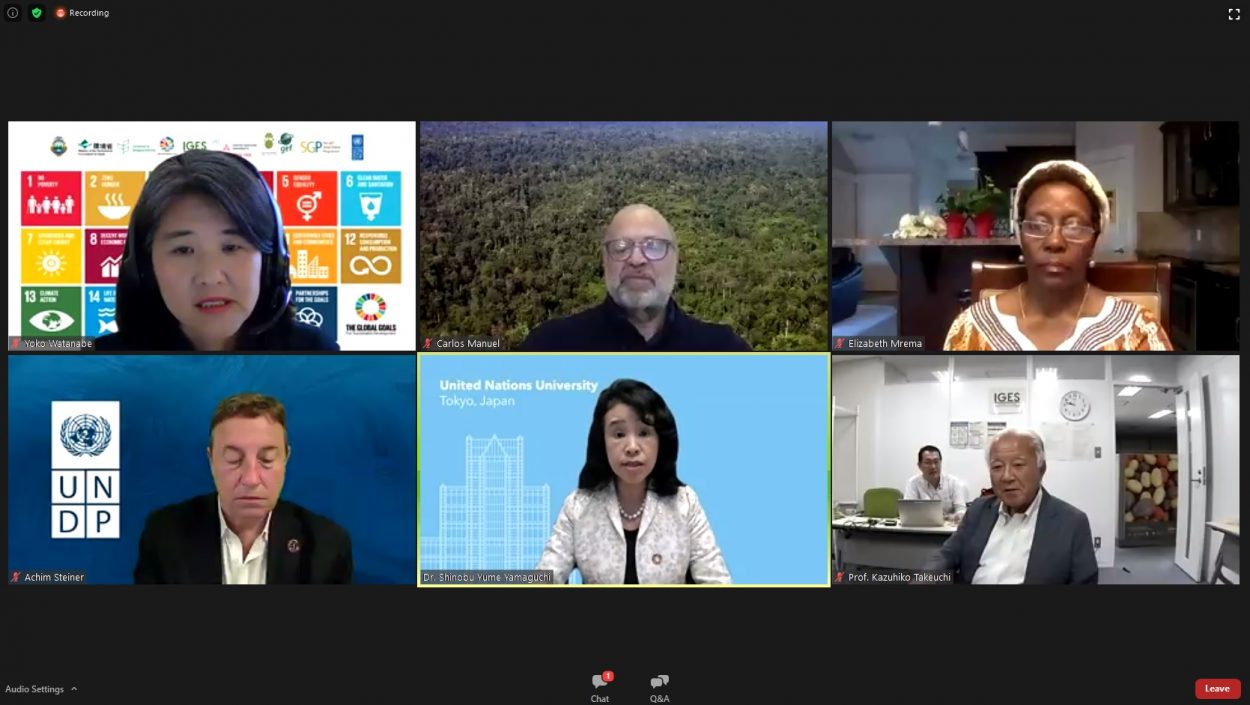
UNGA High-Level Political Forum Side Event on Satoyama Initiative
On July 16, 2020, a side event of the United Nations General Assembly’s 2020 High-Level Political Forum on Sustainable Development was held, titled “Satoyama Initiative: Societies in Harmony with Nature – An inclusive approach for communities, landscapes and seascapes“. The event was held as an online event due to the COVID-19 pandemic, and was open for viewing to anyone. It featured high-level experts from the organizing partners giving presentations about the Satoyama Initiative and related issues, and discussion among the speakers and with the audience. Over 400 people registered to watch the event, which provided a great opportunity to disseminate the Satoyama Initiative and IPSI’s work to a wider audience. The event was organized by IPSI members and friends the Ministry of the Environment of Japan; Ministry of Environment and Energy of Costa Rica; United Nations Development Programme (UNDP); Global Environment Facility Small Grants Programme (GEF SGP); Institute for Global Environmental Strategies (IGES); Secretariat of the Convention on Biological Diversity; and the United Nations University Institute for the Advanced Study of Sustainability (UNU-IAS).
A detailed write-up of the event is available on the UNU-IAS website here. The event can be viewed on video by clicking here.
New Publication: Invasive Alien Species and Local Communities in SEPLS
A new article recently appeared in the journal Environmental Science & Policy, written by colleagues at IPSI member the Institute for Global Environmental Strategies (IGES) and partners.
According to the article abstract, “Effective management of invasive alien species (IAS) requires comprehensive stakeholder engagement and a clear understanding of how people interact with these species. Such interactions are particularly complex in socio-ecological production landscapes and seascapes (SEPLS), where local communities and their environment are highly inter-dependent. We reviewed the scientific literature to determine current views of the positive and negative effects of IAS on local communities in SEPLS, with the goals of better understanding interactions between people and IAS, and devising effective management strategies. … We found that the instrumental value of IAS often constitutes these desirable effects, and that desirable IAS were likely to invite controversy among stakeholders over its management. A common compromise to address such conflicts was to work with stakeholders for the containment of the IAS, while at the same time to retain or amplify its desirable effects on people to ensure their involvement. In the long-run, however, IAS management in SEPLS cannot be exempted from the need for long-term goals and the strategy leading toward them.”
The article is available from Elsevier here.
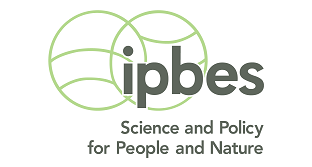
IPBES Transformative Change Assessment Draft Scoping Report External Review
The Intergovernmental Platform on Biodiversity and Ecosystem Services (IPBES) has sent out a notification that the draft scoping report for its thematic assessment of the underlying causes of biodiversity loss and the determinants of transformative change and options for achieving the 2050 vision for biodiversity (the “transformative change assessment”) is open for external review. According to the notification, “The aim of this review is to increase the policy relevance of this scoping report by engaging Governments and stakeholders early in the process of defining the policy questions that this assessment will address.”
IPBES assessments and outputs have already emphasized landscape approaches as a helpful tool for improving efforts towards biodiversity and ecosystem services, and readers are encouraged to take part in this and other review processes to ensure that landscape approaches continue to positively influence the global policymaking arena.
The external review period is from 3 July to 28 August 2020. More information, including how to register, is available on the IPBES website here.
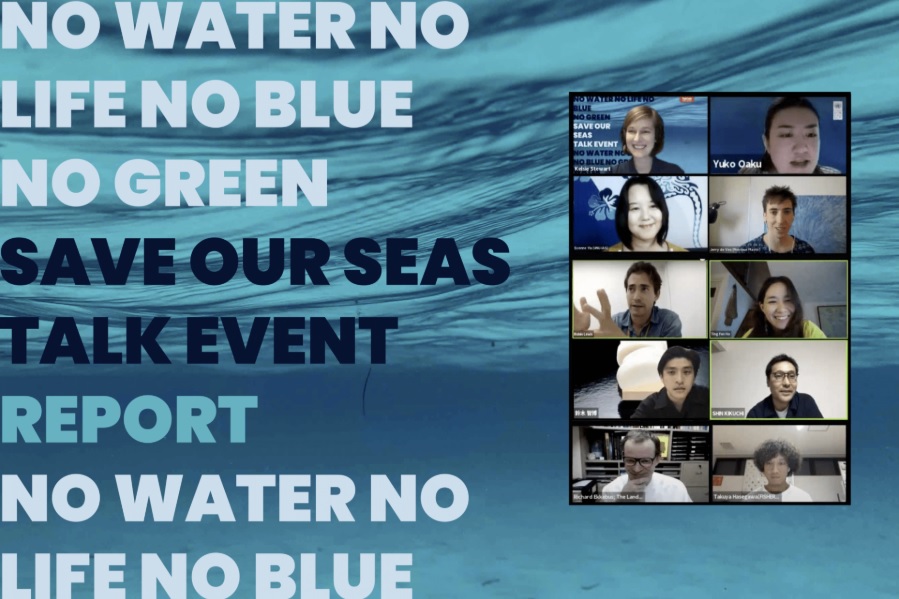
Event on Ocean Sustainability
On 22 July, a “Save Our Seas Talk Event” was held with the title “no water, no life, no blue, no green”, focusing on marine plastic waste and sustainable fishing. More than a hundred people took part to listen to experts on ocean sustainability and engage in active discussion. The IPSI Secretariat’s Dr. Evonne Yiu served as keynote speaker, discussing how sustainable production and consumption can help to relieve the problem of plastic waste and highlighting the Satoyama Initiative and IPSI’s role in bringing greater sustainability to the oceans.
More information on the event, including a video of the presentations, can be found here.
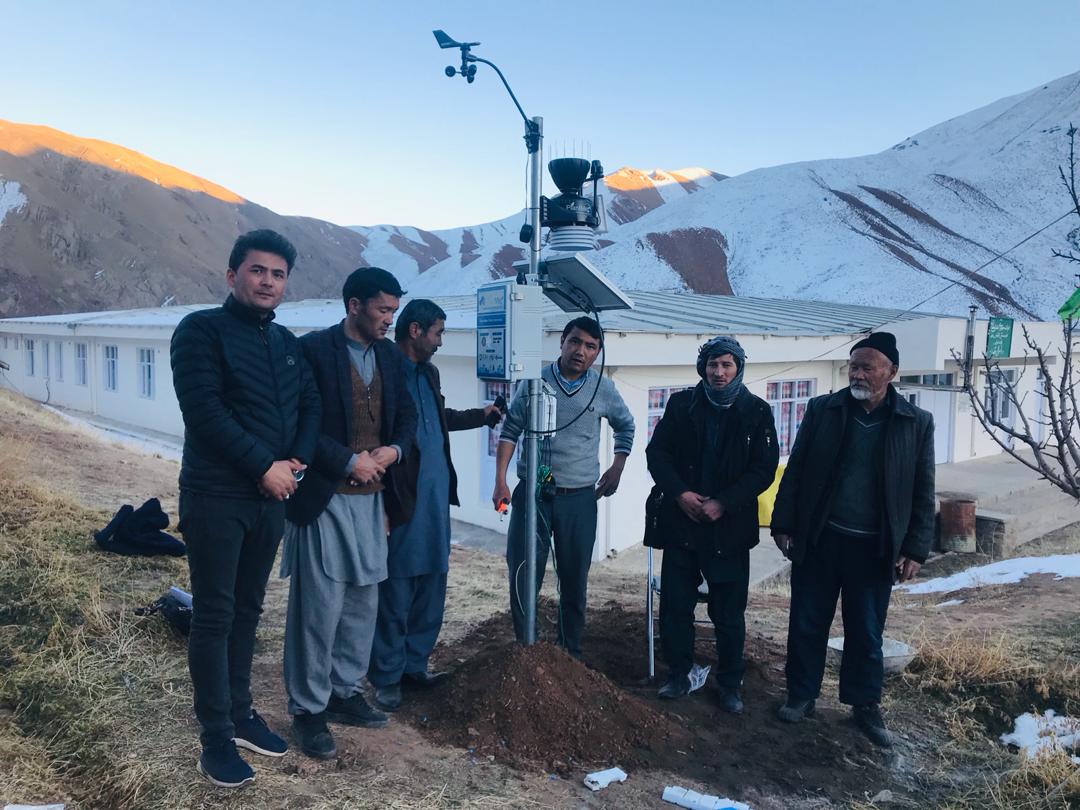
New Member Introduction: People Empowering & Development Alternatives (PEDA) International
At its meeting earlier this year, the IPSI Steering Committee accepted the membership applications of nine new members, and we are pleased to provide an introduction to one of them, People Empowering & Development Alternatives (PEDA) International, a private-sector organization based in Pakistan.
In their introduction to IPSI members, they say that “PEDA International is a development consulting organization aiming to provide alternative and innovative solutions to address the underlying problems of poverty and sustainable development. We mainly focus on community and industry projects, produce knowledge through research activities and evaluation of industry projects to inform audience through learning and contribution of the project/activities implemented in different sphere of regions and sectors. Our approach is to find alternative solutions to issues through dialogue among a range of stakeholders and promotion of local solutions with innovations and technology to rate social change and impact on the lives of people. PEDA International has been working on resilience approaches and framework and has good expertise in resilience to agriculture, food security, climate changes, water, natural disasters and as well other man made political, economic and conflict shocks. PEDA International is working on the following sectors:
- Global Change, Environment and Resilience and Disaster Risk Reduction
- Culture, Media and Peace Building
- Water Security and Migration
- Climate Information System (Wind/Weather Forecasting Alternative Energy/Early Warning System)
- Monitoring, Evaluation and Research
PEDA International successfully worked on many projects with support of partners; Arup (DFID Project), UN Migration, CAB International (Multi-donors project), AKAH (DFAT funded), Action Against Hunger AHH (USAID projects), ECHO, and many other NGOs partners, private companies and donors. PEDA International has successfully completed projects/assignments in Pakistan, Nepal, Sri Lanka, Afghanistan, Tajikistan, Vietnam, Zambia, Nigeria, Sudan and Malawi with different partners organizations.”
More information can be found on the PEDA International website here.
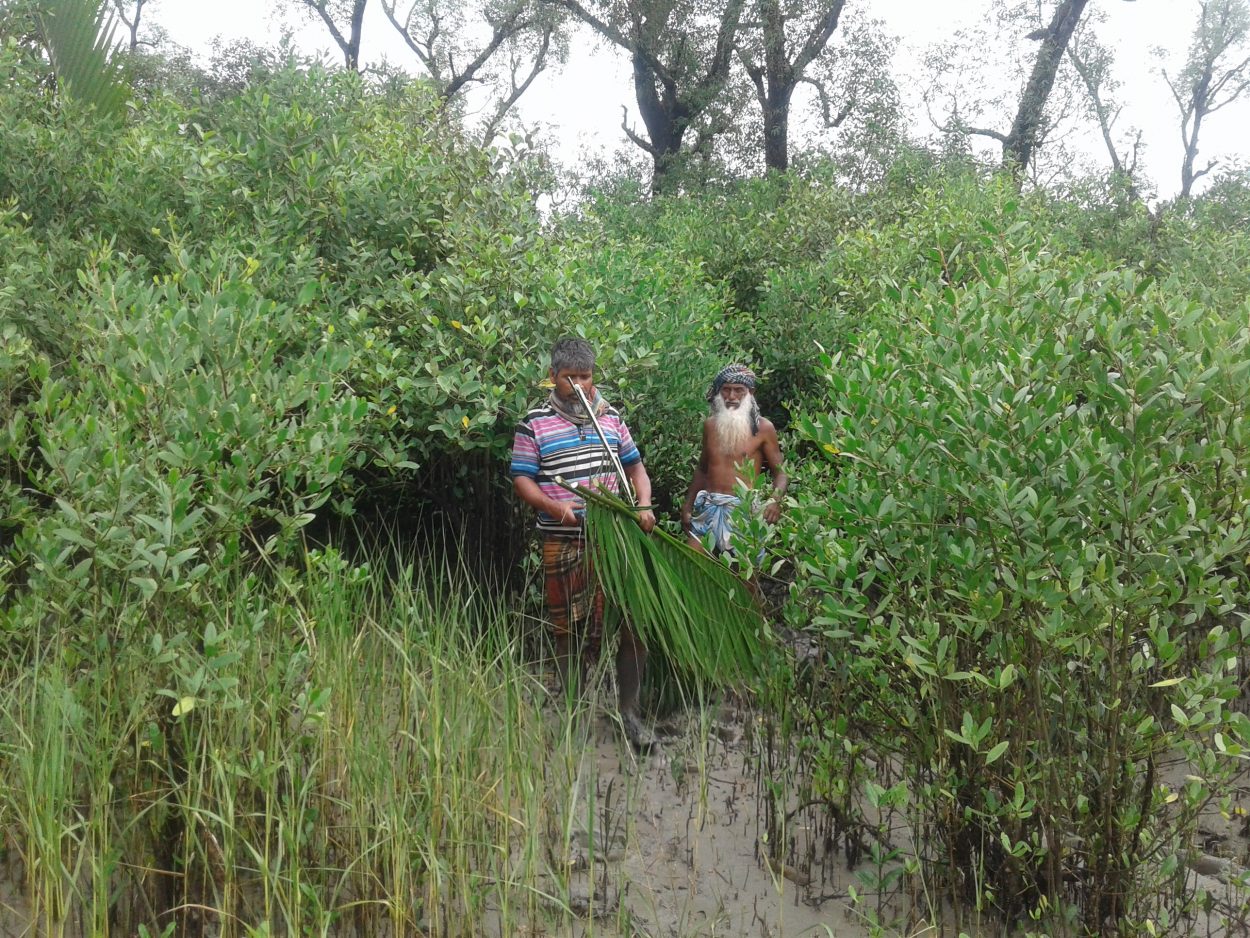
Recent Case Study: Unnayan Onneshan
The IPSI Secretariat is proud this month to share one of our recent case studies from partner organization Unnayan Onneshan in Bangladesh, titled “‘The Sundarbans is our mind’: An exploration into multiple values of nature in conversation with traditional resource users”, which was also included as a chapter in the Satoyama Initiative Thematic Review vol. 5.
According to the case study, “This study captures and depicts the understanding on multiple values of nature by traditional resource users (TRUs) of the Sundarbans. The research, using multiple evidence-based approaches, combining participatory insights of the TRUs of the Sundarbans and interdisciplinary heterodox perspectives, demonstrates that valuation of environmental resources through market penetration pricing does not reckon the social benefits and values coproduced through complementarity between humans and nature. The TRUs of the Sundarbans treat the forest as their mind, through which human-nature sociality flourishes. The traditional knowledge system can significantly contribute to the sustainable management of biodiversity resources, both within the protected areas system and potentially within other effective area-based conservation measures, if given a chance and supported by governmental and non-governmental agencies. Moreover, TRUs argue that due to lack of a proper market structure and equal distribution of power, rents are dissipated through market pricing, going into the pockets of the rent-seeking powerful class. This rent-seeking behaviour induces unproductive, expropriating activities that bring positive returns to the individual but not to society. Dividing the transformational pathways into three phases – stabilization, transformation and sustainability – this chapter argues that such processes require appropriation of nature, as opposed to expropriation, for harmony of nature with people.”
For the full case study, please see the IPSI website here.
Contact
Please be sure to let the Secretariat know if there are any changes in your e-mail address or contact information.
Secretariat of the International Partnership for the Satoyama Initiative
United Nations University Institute for the Advanced Study of Sustainability (UNU-IAS)
5–53–70 Jingumae
Shibuya-ku, Tokyo 150-8925
Japan
Tel: +81 3-5467-1212
Fax: +81 3-3499-2828
Email: isi@unu.edu
If you have been forwarded this newsletter and would like to SUBSCRIBE, you can do so on the IPSI website here.


